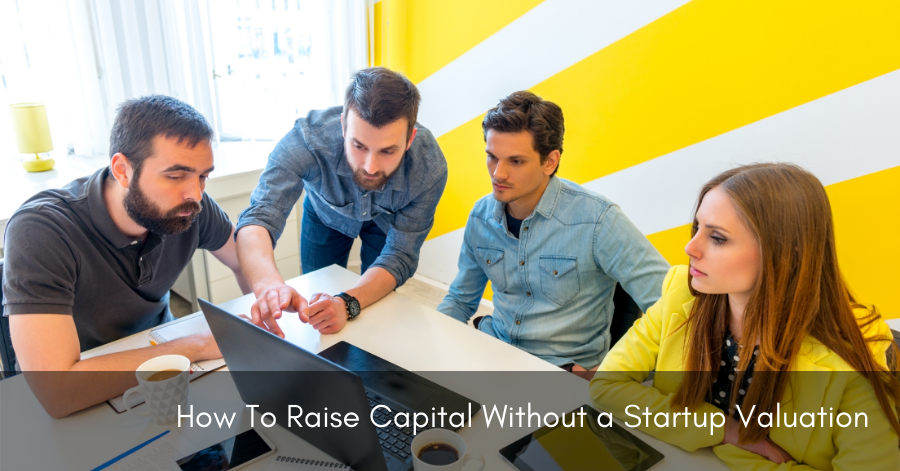An exciting part of early-stage startup ownership is bringing on investors who believe in your mission. But before you offer them equity in your business, you have to figure out how much it’s worth.
Every startup is unique and, as with many other factors of entrepreneurial life, there’s no one-size-fits-all way to complete a valuation. However, there are some best practices you should follow when assigning a reasonable value to your company and appealing to investors with convertible debt.
Valuing your business fairly
During the valuation process, you’re likely to be biased. This business is your baby, so you’re probably going to think it has multimillion-dollar potential, even if that’s far from the truth.
Chances are, your estimate will be well above the number an investor would establish.
You’ve got to meet in the middle. But how do you do that when you don’t necessarily have product revenue or something more concrete to support your numbers? Discrepancy issues can be solved with a concept called convertible debt.
It works like this:
- You and your investor agree to push valuation down the road a bit (until you have data to back up your numbers).
- You shake hands and they offer you the amount you’re requesting, but you don’t know exactly how much you’re offering them in return.
- After your next round of funding (generally a year or so later), when you have a true valuation, the outstanding balance you owe your initial investor will automatically convert into discounted equity.
Typical terms of a convertible note
Because your investor is taking on significant risk, this type of agreement tends to come with conditions — three in particular:
- Discount – Upon valuing your business after the subsequent round of fundraising, you’ll offer the investor a discount to convert the principal amount of the loan into shares of stock. This is normally a discount of about 20%.
- Interest rate – As with most debt, you’ll pay an interest rate for the privilege of getting quick access to capital. Since early-stage companies don’t often have the cash to pay interest, it can be converted into equity just like the principal.
- Cap – In case your business takes off without additional rounds of funding, it’s a good idea to mutually agree on a valuation maximum. That way, when your investor decides to exit, they can choose between the lesser of the current round’s valuation (with their discount) or the cap you shook on.
Convertible notes can offer assurance for both parties. If you’re confident your startup will grow and that you won’t simply have to pay the investor back for the up-front loan, this might be the way to go.

 Previous
Previous


